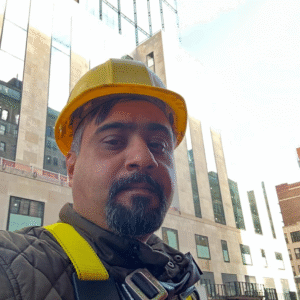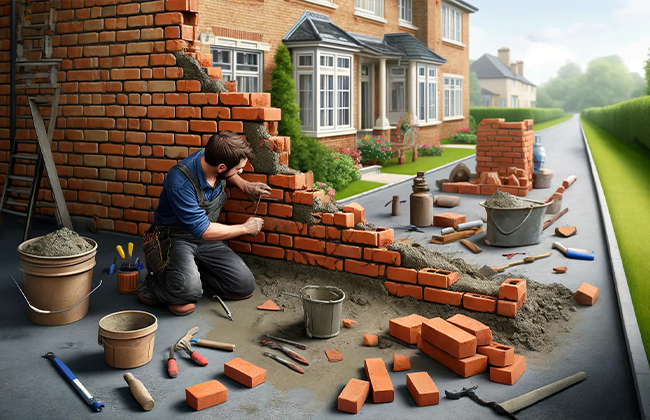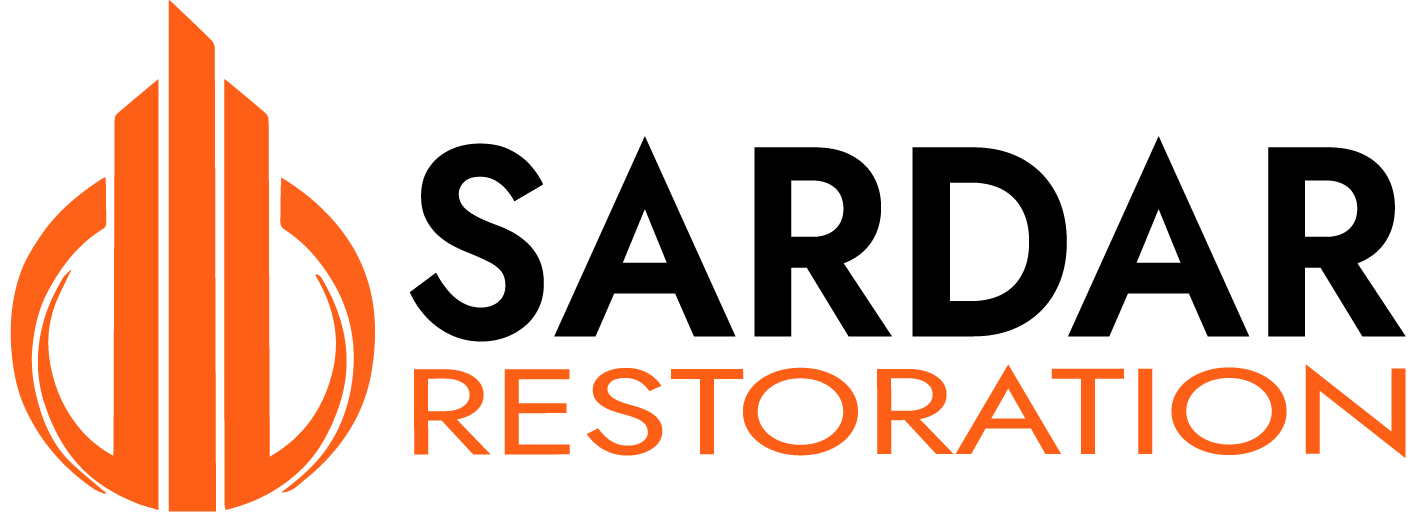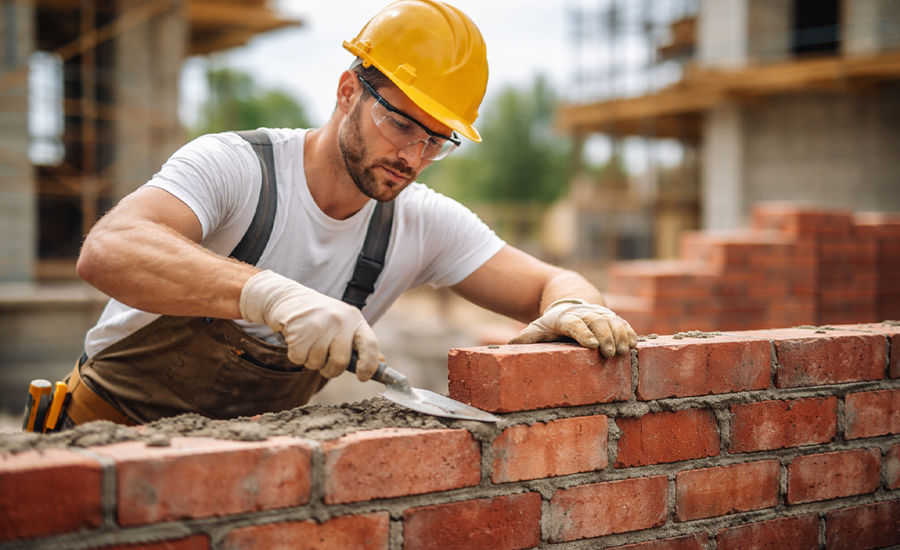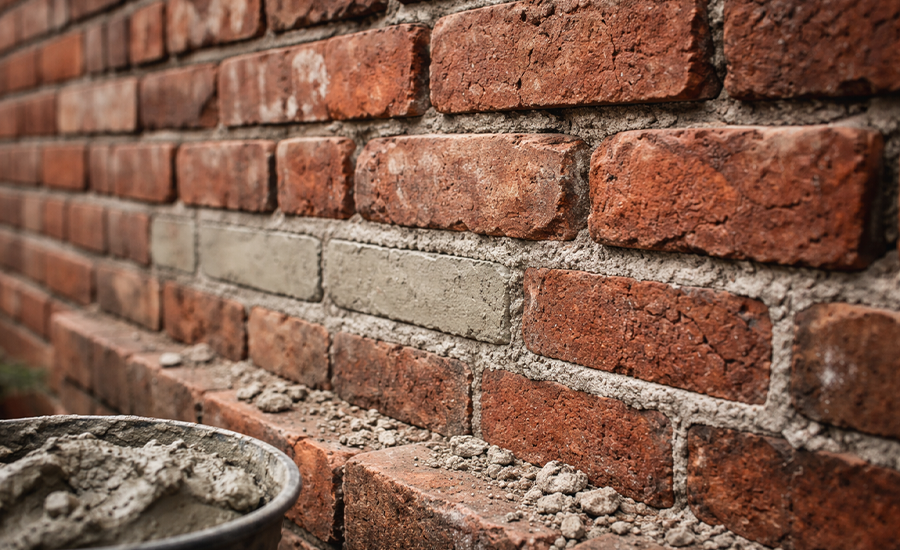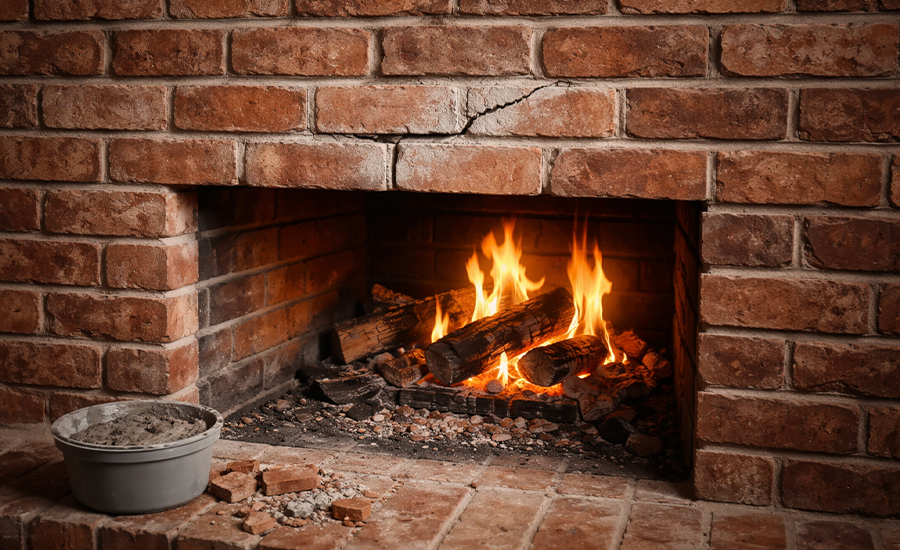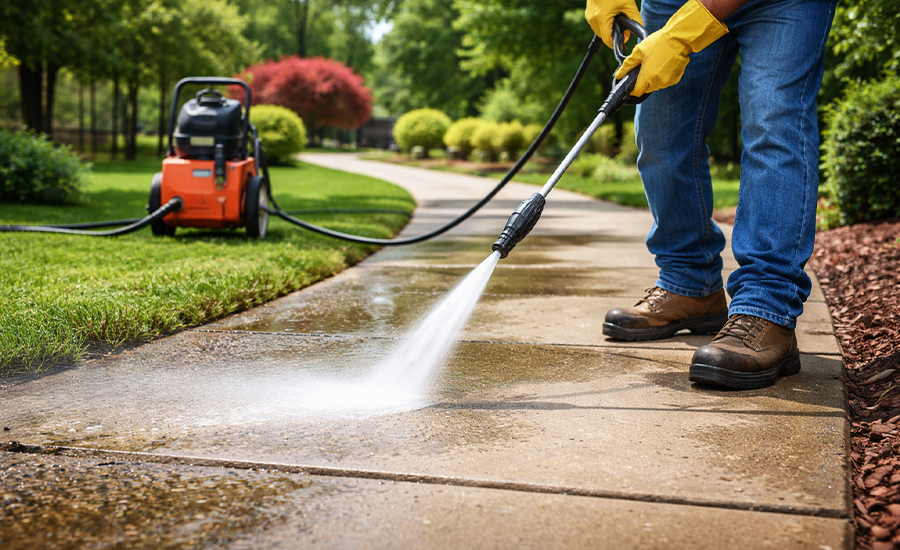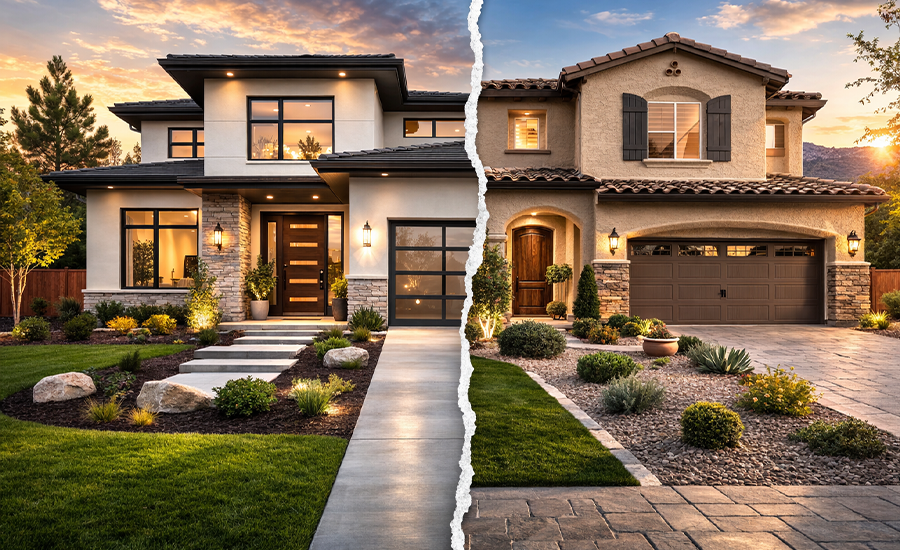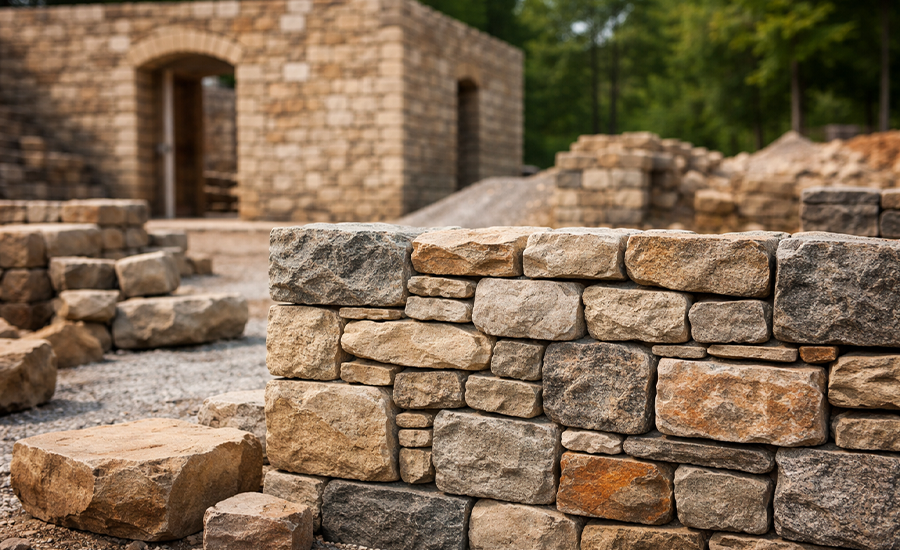Brick wall repair cost is an essential factor for homeowners when considering maintenance or restoration of their homes. Brick walls add aesthetic and structural value, but they require periodic repairs due to weather and age. Knowing the brick wall repair cost helps in budgeting and making informed decisions. This guide breaks down various aspects of brick wall repair cost, ensuring you understand what to expect and how to manage these expenses efficiently.
Understanding the Expenses
Brick walls are a timeless addition to any home, offering both aesthetic appeal and structural integrity. However, over time, they may require repairs due to various factors such as weather, wear and tear, or accidental damage. Understanding the cost of brick wall repairs can help homeowners budget effectively and make informed decisions. This article delves into the various aspects of brick wall repair costs, providing a detailed breakdown to help you navigate this common home maintenance task.
Factors Affecting Brick Wall Repair Cost
Several factors can influence the overall cost of repairing a brick wall. Understanding these elements can help you estimate your potential expenses more accurately.
1. Extent of Damage
The severity of the damage is the most significant factor affecting the cost. Minor cracks and cosmetic repairs are generally less expensive than major structural issues.
Here are some common types of damage and their estimated costs:
- Minor Cracks: Small cracks in the mortar or bricks, often caused by settling or minor impacts. These typically cost between $200 and $500 to repair. The process usually involves cleaning out the crack and filling it with new mortar or a special sealant.
- Moderate Damage: Includes issues like more extensive cracking, loose bricks, or damage to a portion of the wall. This might involve partial wall rebuilding and can cost between $500 and $1,500. Repairing moderate damage often requires removing the affected bricks, addressing any underlying issues, and then replacing the bricks.
- Severe Structural Issues: Major damage, such as large cracks running through the wall, significant bowing, or structural instability, often necessitates extensive repairs or even partial wall reconstruction. These repairs can range from $1,500 to over $5,000, depending on the extent of the damage and the complexity of the repair process.
2. Type of Repair Needed
Different repair methods come with varying costs. Here are some common types of brick wall repairs:
- Repointing: This process involves removing and replacing the deteriorated mortar between the bricks. Repointing helps maintain the wall’s structural integrity and appearance. The cost for repointing typically ranges from $3 to $10 per square foot, depending on the condition of the wall and the type of mortar used.
- Crack Stitching: Crack stitching is a technique used to repair and reinforce cracks in brick walls. Stainless steel bars are inserted across the cracks to stabilize the wall and prevent further movement. This method usually costs between $500 and $1,000 per crack, depending on the length and severity of the crack.
- Brick Replacement: When individual bricks are damaged, they need to be removed and replaced with new ones. This ensures the wall remains strong and aesthetically pleasing. Brick replacement costs can range from $10 to $20 per brick, depending on the brick type and the complexity of the replacement.
- Wall Reconstruction: In cases of severe damage, partial or complete wall reconstruction may be necessary. This involves dismantling and rebuilding the damaged section of the wall. Costs for wall reconstruction can vary widely but typically range from $50 to $100 per square foot, depending on the extent of the work and materials used.
3. Labor Costs
Labor costs vary depending on the complexity of the job and the rates charged by contractors in your area. On average, bricklayers charge between $40 and $60 per hour. The total labor cost will depend on the scope of the repair work and the time required to complete it. For larger or more complex repairs, labor costs can become a significant portion of the total expense.
4. Materials
The cost of materials, such as bricks, mortar, and reinforcing bars, can also impact the overall expense. High-quality materials may be more expensive but can offer better durability and longevity. For example, specialized mortar or high-grade bricks can increase the cost but also ensure a longer-lasting repair. It’s important to balance material quality with budget constraints to achieve the best results.
5. Accessibility
The accessibility of the repair site can influence labor costs. If the damaged area is difficult to reach, such as a high wall or a tight space, it may require more time and effort to complete the repairs. Contractors might need additional equipment, such as scaffolding or specialized tools, which can add to the overall cost. Ensuring easy access to the repair site can help reduce labor costs and expedite the repair process.
By understanding these factors, homeowners can better anticipate the costs associated with brick wall repairs and make informed decisions about maintenance and budgeting. Regular inspections and timely repairs can help extend the life of your brick walls and maintain the value and safety of your home.
Common Brick Wall Repair Methods

Understanding the different repair methods can help you determine the most appropriate solution for your specific situation.
1. Repointing
Repointing involves removing and replacing the old, deteriorated mortar between bricks. This process helps to restore the wall’s structural integrity and prevent water infiltration. It’s a common and cost-effective repair method for older brick walls. The cost for repointing typically ranges from $3 to $10 per square foot. The exact price depends on the condition of the wall and the type of mortar used. By maintaining the mortar joints, repointing can significantly extend the life of a brick wall.
2. Crack Stitching
Crack stitching is used to repair structural cracks in brick walls. This method involves inserting stainless steel bars into the wall to reinforce and stabilize the structure. It’s an effective way to address significant cracks without the need for extensive rebuilding. Crack stitching typically costs between $500 and $1,000 per crack, depending on the length and severity of the crack. This method is particularly effective for dealing with structural cracks that could compromise the integrity of the wall.
3. Brick Replacement
When individual bricks are damaged or deteriorated, brick replacement is the best solution. This process involves carefully removing the damaged bricks and replacing them with new ones. It helps to maintain the wall’s appearance and strength. Brick replacement costs can range from $10 to $20 per brick. The cost depends on the type of brick and the complexity of the replacement. Properly replacing damaged bricks can prevent more extensive repairs in the future.
4. Wall Reconstruction
In cases of severe damage, partial or complete wall reconstruction may be necessary. This method involves dismantling and rebuilding the affected section of the wall. While it can be more expensive, it ensures the wall’s long-term stability and safety. Costs for wall reconstruction can vary widely but typically range from $50 to $100 per square foot, depending on the extent of the work and materials used. This method ensures the long-term stability and safety of the wall but is more expensive due to the extensive labor and materials involved.
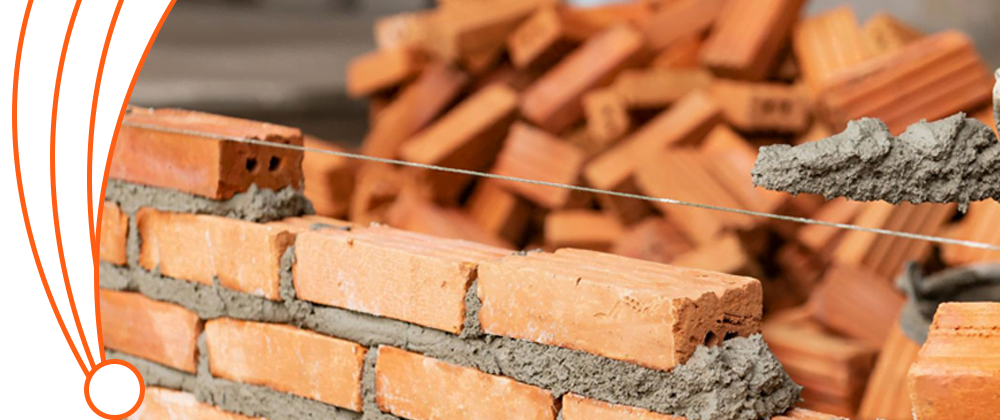
Cost-Saving Tips for Brick Wall Repairs
While brick wall repairs can be costly, there are several ways to save money without compromising quality. Here are some practical tips to help you manage expenses effectively:
1. Regular Maintenance
Regularly inspecting and maintaining your brick walls can help prevent minor issues from becoming major problems. By addressing small cracks and deterioration early, you can save money in the long run. Regular maintenance includes:
- Cleaning: Keep your brick walls clean to prevent moss and dirt buildup, which can cause deterioration over time.
- Inspection: Conduct routine inspections to spot any early signs of damage. Look for cracks, loose bricks, and mortar deterioration.
- Minor Repairs: Fix small issues as soon as they arise. Small cracks can be sealed with mortar or specialized sealants to prevent them from getting worse.
2. DIY Repairs
For minor repairs, such as small cracks or repointing, consider doing the work yourself. With the right tools and guidance, DIY repairs can be a cost-effective solution. Here’s how you can get started:
- Tools Needed: Basic tools include a trowel, chisel, hammer, and mortar mix.
- Learning Resources: Many online tutorials and videos can guide you through the process of minor brick wall repairs.
- Safety: Always wear safety gear, such as gloves and goggles, when performing repairs.
3. Get Multiple Quotes
Before hiring a contractor, obtain quotes from several professionals. Comparing prices and services can help you find the best deal. Here are some tips for getting accurate quotes:
- Detailed Scope: Provide a detailed description of the work needed to each contractor.
- Compare Services: Look at what each quote includes, such as materials, labor, and time estimates.
- Check References: Ask for references and read reviews to ensure the contractor is reputable.
4. Use Quality Materials
Investing in high-quality materials may have a higher upfront cost but can save you money over time by reducing the need for frequent repairs. Here’s what to consider:
- Durable Materials: Choose bricks and mortar that are known for their durability and resistance to weather conditions.
- Long-Term Benefits: High-quality materials can extend the life of your brick walls and reduce maintenance costs.
5. Schedule Repairs During Off-Season
Contractors may offer lower rates during their off-season. Scheduling your repairs during these times can help you save on labor costs. Consider the following:
- Off-Season Timing: The off-season typically includes late fall and early winter, depending on your location.
- Availability: Contractors are often more available and may complete your project faster during the off-season.
Conclusion
Understanding brick wall repair cost is crucial for maintaining your home’s beauty and safety. From regular maintenance to choosing high-quality materials, there are ways to keep repair costs manageable. By staying proactive, you can avoid more significant expenses down the road. If you need professional assistance with your brick wall repair, contact us at (+1) 917-355-8556. We’re here to help you with all your brick wall repair needs, ensuring quality and durability.
FAQs
Q: What is the average brick wall repair cost?
A: The average brick wall repair cost can vary widely depending on the extent of the damage and the type of repair needed. Minor repairs like repointing might cost around $3 to $10 per square foot, while major structural repairs can range from $500 to over $5,000.
Q: How often should brick walls be maintained to minimize repair cost?
A: To minimize brick wall repair cost, it’s recommended to inspect and maintain your brick walls annually. Regular maintenance, including cleaning and minor repairs, can prevent larger, more costly issues from developing.
Q: Does insurance cover brick wall repair cost?
A: Insurance coverage for brick wall repair cost depends on your policy and the cause of the damage. Typically, damage from natural disasters or accidents might be covered, while general wear and tear usually is not.
Q: Can DIY methods help reduce brick wall repair cost?
A: Yes, DIY methods can help reduce brick wall repair cost, especially for minor repairs like small cracks or repointing. However, for significant structural issues, it’s best to hire a professional to ensure the repair is done correctly.
Q: What factors influence the brick wall repair cost the most?
A: The most significant factors influencing brick wall repair cost include the extent of damage, type of repair needed, labor costs, material quality, and accessibility of the repair site. Understanding these can help in planning and budgeting for repairs.


